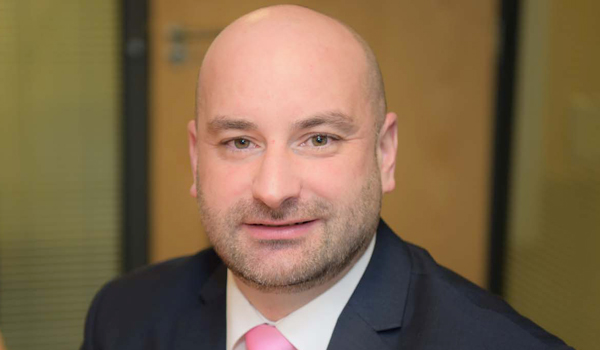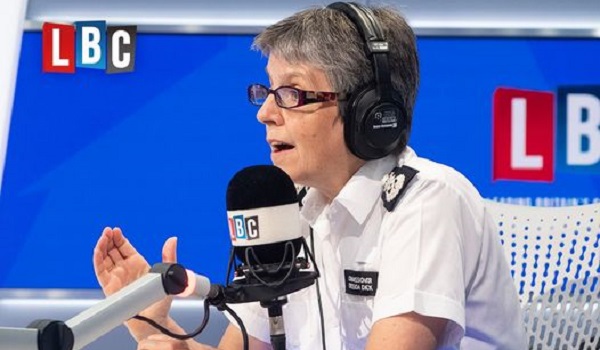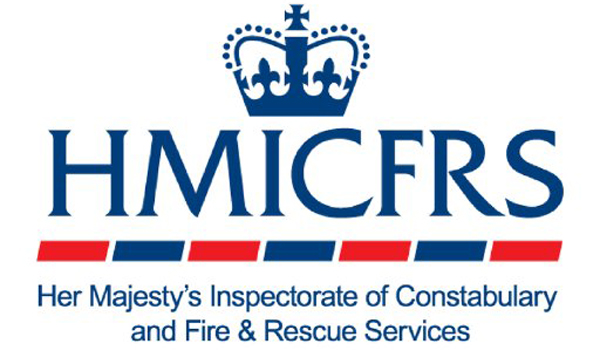Calls for greater police presence on social media to tackle misinformation
Police should be more active on social media to help prevent the spread of misinformation, the chair of the Association of Police and Crime Commissioners (APCC) has said.
Marc Jones said police had a “duty to make people feel safe, as well as be safe”, warning that “fear of crime is much higher disproportionately than the reality. And that is just as debilitating”.
Mr Jones, who is the Conservative police and crime commissioner for Lincolnshire, told reporters in a briefing he would like officers to have more of a presence on social media to help correct “myths” and provide more reassurance to the public about what was being done to address crime in neighbourhoods.
He said: “We need to use social media, particularly Facebook and Nextdoor, more so than Twitter I would suggest to actually prevent the spread of misinformation.”
“We need to be in those spaces to help support the community understand the level of risk, understand what the police are doing to mitigate those risks so that the community genuinely feels engaged, and I think fear of crime often is being driven unhelpfully in that space, and the police need to be in that space also to put reality to it, as well as genuinely addressing crime.
“And I think that would be the point I’d get across is we need to embrace this a whole lot more. It’s not to take police officers from the streets to do this instead. But the virtual street is as real as the physical street, and we need to recognise that and it’s not going to go away.”
He urged police to act on this, and said: “Because if they don’t, fear of crime is much higher disproportionately than the reality. And that is just as debilitating, because if my mother, who’s 83, dare not leave her home to go into the village shop, won’t catch the bus to go into the centre of the city to do her shopping because she’s scared, you have massively affected her quality of life.
“She was no less safe doing it tomorrow than she was last week. But if she feels it, it’s changed everything and I think policing has a duty to make people feel safe, as well as be safe.
“And I think that’s slightly wider than just policing, but I think that is important and we’ve got to accept that people are connected in ways that they just never were before. They should be there to reassure the public truthfully about what’s actually going on.”
Mr Jones highlighted dognapping as an example of how fear of crime can have an effect.
He said: “We’ve had a huge rise in fear of crime around dog thefts, but we know relatively, it’s a small number of crimes, but I understand the fear that creates in dog owners.”
Last month, a report from a government taskforce, which was set up after a rise in pet theft during the coronavirus pandemic and amid pressure from MPs to impose tougher penalties, found seven in ten animal thefts recorded by the police involve dogs, with evidence suggesting about 2,000 dog theft crimes were reported to police in 2020.
While the risk of such a theft is considered to be low, in the context of an estimated UK dog population of 10.1 million, the emotional impact of having a pet stolen is “undeniable”, the report said.







